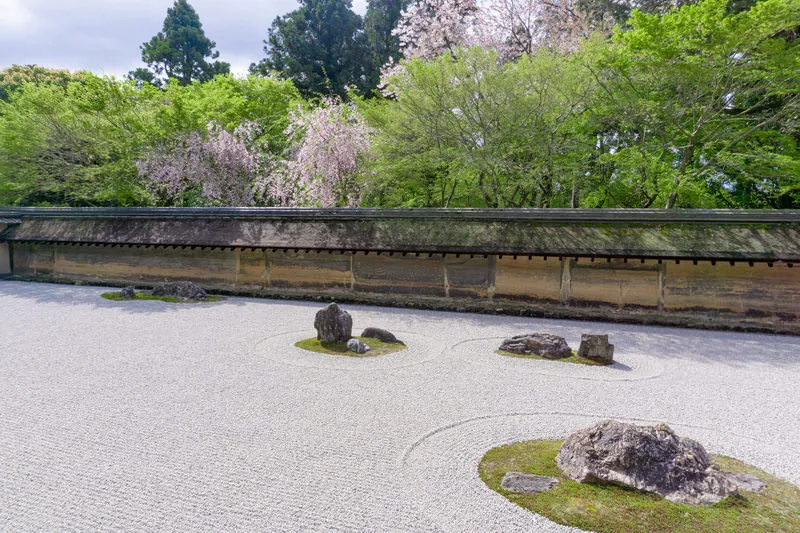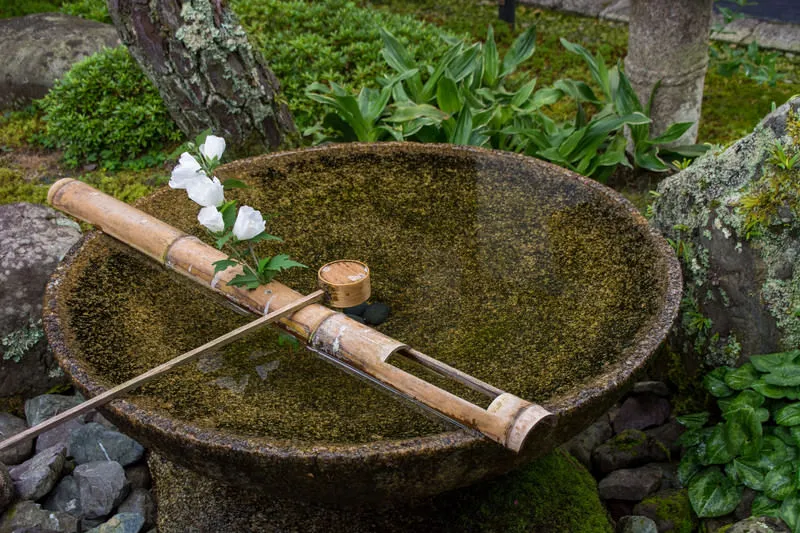November 17, 2023
The Beauty of Wabi-Sabi
Embracing the Beauty of Wabi-Sabi: Discover the Philosophy of Imperfection and Impermanence
Embrace the Beauty of Wabi-Sabi: Discover the Philosophy of Imperfection and Impermanence in this blog post. Explore the concept originating from Japan that teaches us to appreciate the simple, imperfect, and transient nature of life. Learn about the combination of humility and contentment found in wabi, as well as the beauty that comes with aging and the passage of time in sabi. Find out how wabi-sabi encourages us to celebrate imperfections and find beauty in the ordinary.
Introduction
Today, we will be exploring the fascinating concept of wabi-sabi. Originating from Japan, wabi-sabi is a philosophy that embraces the beauty of imperfection and impermanence. It teaches us to appreciate the simple, imperfect, and transient nature of life, reminding us to find beauty in the ordinary.
Understanding Wabi-Sabi
Wabi-sabi is a combination of two Japanese words, wabi and sabi. Wabi refers to living with humility and finding contentment in simplicity. It emphasizes the modest and unadorned aspects of life. On the other hand, sabi is all about the beauty that comes with aging and the passage of time. It celebrates the wear and tear, the weathering, and the stories engraved on an object or person.
The Principles of Wabi-Sabi
Wabi-sabi is not just about accepting imperfections; it also encourages mindfulness and an appreciation for the present moment. Here are some key principles of wabi-sabi:
- Simplicity: Embrace the beauty in simplicity and minimalism. Remove unnecessary clutter and cultivate a serene environment.
- Acceptance of imperfections: Instead of striving for flawlessness, cherish the cracks, irregularities, and signs of age. These imperfections tell a story.
- Appreciation for the transient: Recognize that nothing lasts forever. Learn to find value and beauty in the ephemeral nature of life and all things.
- Natural materials and textures: Incorporate natural elements into your surroundings. Celebrate the organic and rustic textures that connect us to nature.
- Mindfulness: Challenge yourself to be present in the moment and find joy in the simplest things, like a cup of tea or the sound of rain.
Embracing Wabi-Sabi in Everyday Life
So, how can we incorporate wabi-sabi into our lives? Here are a few ideas:
- Adorn your living space with handmade items or unique pieces that tell a story.
- Find joy in the imperfect by decorating with weathered or antique furniture and accessories.
- Take time to observe the beauty of nature – the changing seasons, the patterns of fallen leaves, or the elegance of a fading flower.
- Practice mindfulness by focusing on the present moment and appreciating the small details that often go unnoticed.
- Experiment with traditional art forms such as pottery or calligraphy, embracing the beauty of imperfection in your creations.
Conclusion
Wabi-sabi is a deeply philosophical concept that reminds us to find beauty, acceptance, and fulfillment in the imperfect and transient aspects of life. By embracing wabi-sabi, we can cultivate a sense of gratitude for what we have and approach the world with a refreshed perspective. Let us embrace the imperfect and celebrate life as it unfolds.



